While the majority of the world is solely focused on how to make ‘while you wait’ charging as fast as possible through increases to voltage/amps/connectors, Geely has undertaken a joint venture with Nio and Changan to explore advanced battery swapping technologies – alongside a push for higher wattage conventional charging systems. In China, under the brand ‘Nio Power’, the company is believed to have completed close to 20 million battery swaps and now has over a dozen stations in Norway, The Netherlands and Germany. Is there any chance that battery swapping might be the way forward?
The principal is simple enough. Your Nio EV lets you know that you need to recharge, you pick the most suitable replacement centre and head there. The EV will automatically put itself into the bay – precisely where it needs to be – and the process begins. A retrieval ‘tray’ comes up to support your battery pack, multiple drivers release retention bolts and your depleted battery is taken out. The replacement is brought in by the same robot mechanism, slotted into place and the bolts inserted and tightened.
Nio is on to the 4th generation of this kind of replacement technology, and is claiming that it can now swap your battery in under 3 minutes.
According to NIO’s CEO Willian Li, in an ideal world each of these ‘swap stations’ would be able to perform 480 swaps a day. However, that is a largely theoretical limit – given that the swap station holds only 23 car batteries and the likelihood of a stream of Nio vehicles needing charging at precisely distributed intervals over a 24 hour period is low.
The amount of compute power included in each swap station is pretty impressive. They will each be fitted with found Orin X chips from nVidia – designed specifically to provide enough power for Ai solutions at the edge (i.e. at the contact point with humans). This localised Ai powerhouse will be linked in with six ultra-wide angel LIDAR (Light Detection and Ranging) systems which will, together, use the power of over a trillion compute operations a second to position your Nio and control the automation process for battery replacement and background recharging.
Public installation of these 4th gen units is set to begin in April 2024, and they will be fitted with a 60 sqm solar system on top, that could help generate up to 18 megawatt hours of electricity each year.
Even a casual observer will notice the challenges involved in moving to a battery swap system.
For starters, despite the company selling close to 16,000 units a month from September through to November – there aren’t that many Nio cars on the road – and each of these 4th gen stations needs to be supplied with 23 replacement car batteries, which will be expensive. New models like the ‘executive' GT9 and the ‘affordable' Alps brand, will help with the numbers.
The link up with Geely is interesting, because the idea that Volvo and Polestar cars might have a compatible battery swap system fitted in the future, would greatly increase the appeal. MG is produced by SAIC and they are also looking at battery swap technology. Finally, we’ve noticed statements from Renault and Stellantis – that they are also considering this kind of solution to ultra-fast recharging. If you see the term BaaS being bandied around, then it's not a reference to an ancient Egyptian god, but ‘Battery as a Service'. The possibility for EV manufacturers to revisit ‘battery rentals' springs to mind.
If the Chinese central Government can get the leaders of these companies together, then the chance for implementing a standard for battery pack production/fitting becomes a possibility.
‘Smart’ would be for Nio to play both sides of the recharging argument, and that is exactly what they have done.
Alongside its 4th generation swap station, Nio has also revealed a next-gen recharging system that aims to deliver peak power in the region of 640kW with advanced liquid cooling systems in place to prevent the movement of 765 amps of current from overheating the charger and its cables.
For drivers with advanced cars that have an 800 volt platform, Nio believes that you will be able to get from 10% to 80% in just over 10 minutes.
For a company that had extreme money worries less than 3 years ago, you have to applaud their ambition in getting so many new technologies to market. It will be interesting to see if they are able to delivery fully-featured EVs with their new Alps brand to the UK/EU markets for less than £25,000.

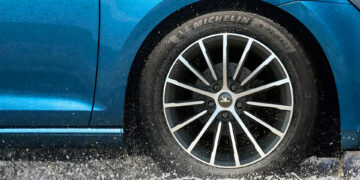

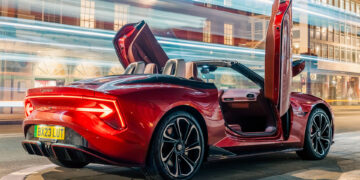

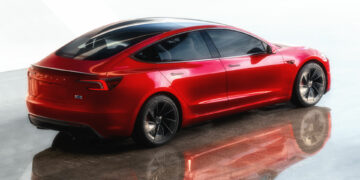
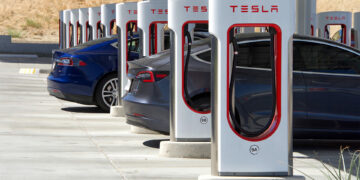

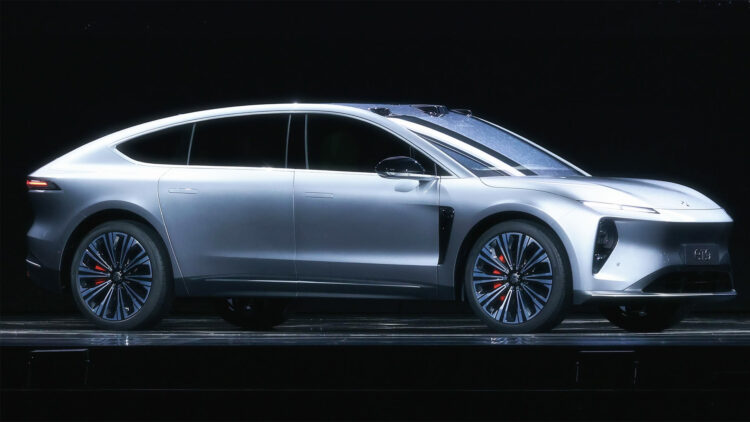
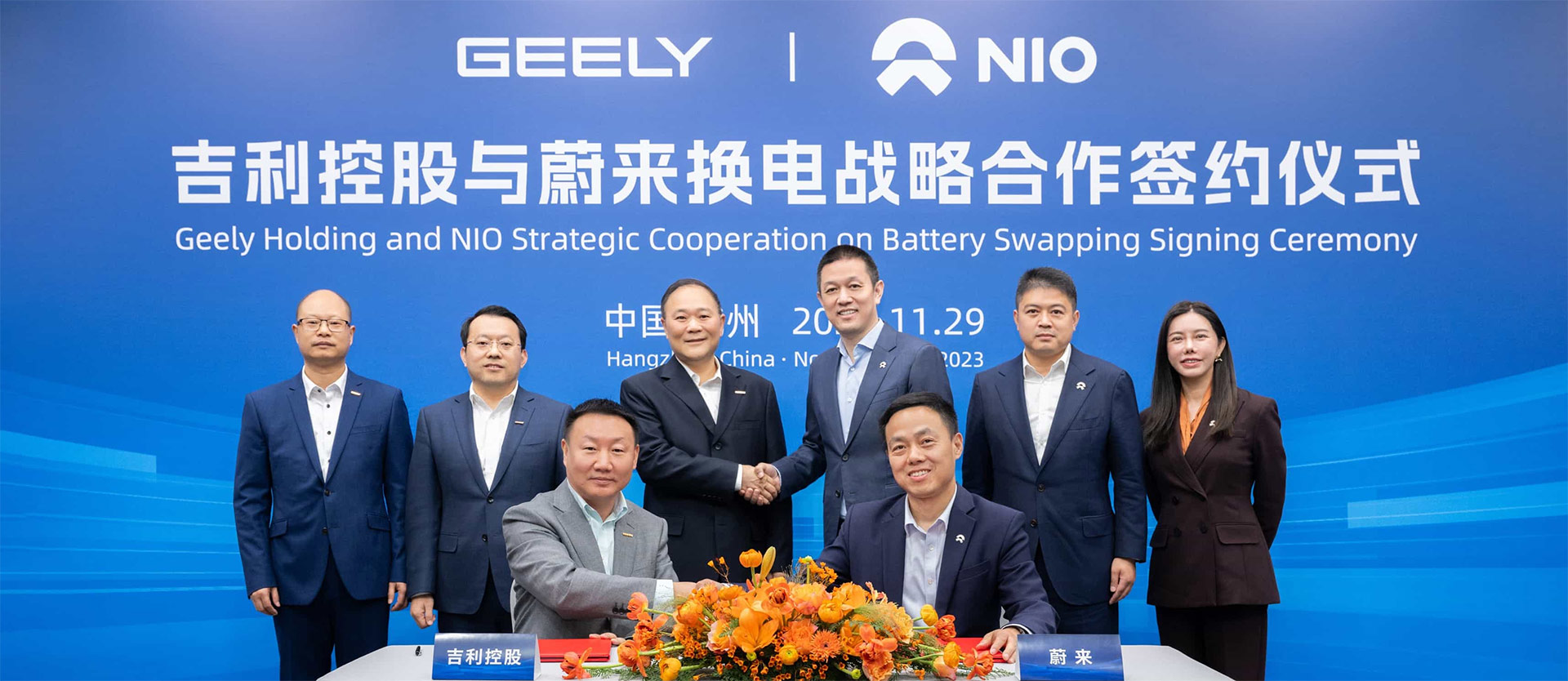








Discussion about this post